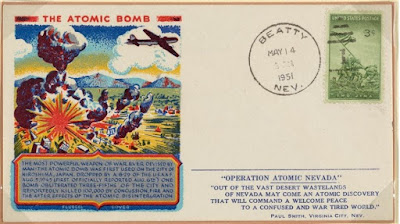On 21 July 1960, Sirimavo Bandaranaike made global history by becoming the world’s first female Prime Minister, when she was sworn in as the head of government of Ceylon (now Sri Lanka). Her appointment was a groundbreaking moment in the political history of the 20th century, breaking gender barriers in a field overwhelmingly dominated by men.
👩⚖️ Background:
Sirimavo was the widow of Solomon Bandaranaike, the former Prime Minister of Ceylon who was assassinated in 1959. Following his death, the Sri Lanka Freedom Party (SLFP), which he had founded, was left without a strong leader. Sirimavo, already respected as the wife of a national figure, was urged by party members to enter politics.
Though she had no prior political office, she took over leadership of the SLFP in 1960 and led the party to victory in the general elections held in July 1960.
🗳️ Election & Leadership:
-
Under her leadership, the SLFP won 75 out of 151 seats in Parliament.
-
On July 21, 1960, she was sworn in as Prime Minister, succeeding Dudley Senanayake.
-
She became not only the first female prime minister in Sri Lanka, but also the first woman in the world to hold the office of head of government in a parliamentary democracy.
📜 Her Legacy:
-
Sirimavo Bandaranaike served three terms as Prime Minister:
-
1960–1965
-
1970–1977
-
1994–2000 (under her daughter, President Chandrika Kumaratunga)
-
-
Her policies were strongly socialist and nationalist, including:
-
Nationalizing key industries and schools
-
Strengthening ties with China, India, and the Soviet bloc
-
Declaring Sri Lanka a republic in 1972 and changing its name from Ceylon
-
-
She also faced challenges including ethnic tensions, economic decline, and political opposition.
👩👧 Political Dynasty:
Sirimavo Bandaranaike was the matriarch of a powerful political family. Her daughter, Chandrika Bandaranaike Kumaratunga, later became President of Sri Lanka, making them one of the few mother-daughter pairs in the world to serve as head of state and head of government.
🕊️ Death:
Sirimavo Bandaranaike passed away on October 10, 2000, at the age of 84, shortly after casting her vote in that year’s general elections.
Her rise to power in 1960 remains a historic milestone for women in global politics, opening the door for future generations of female leaders across Asia and the world.









